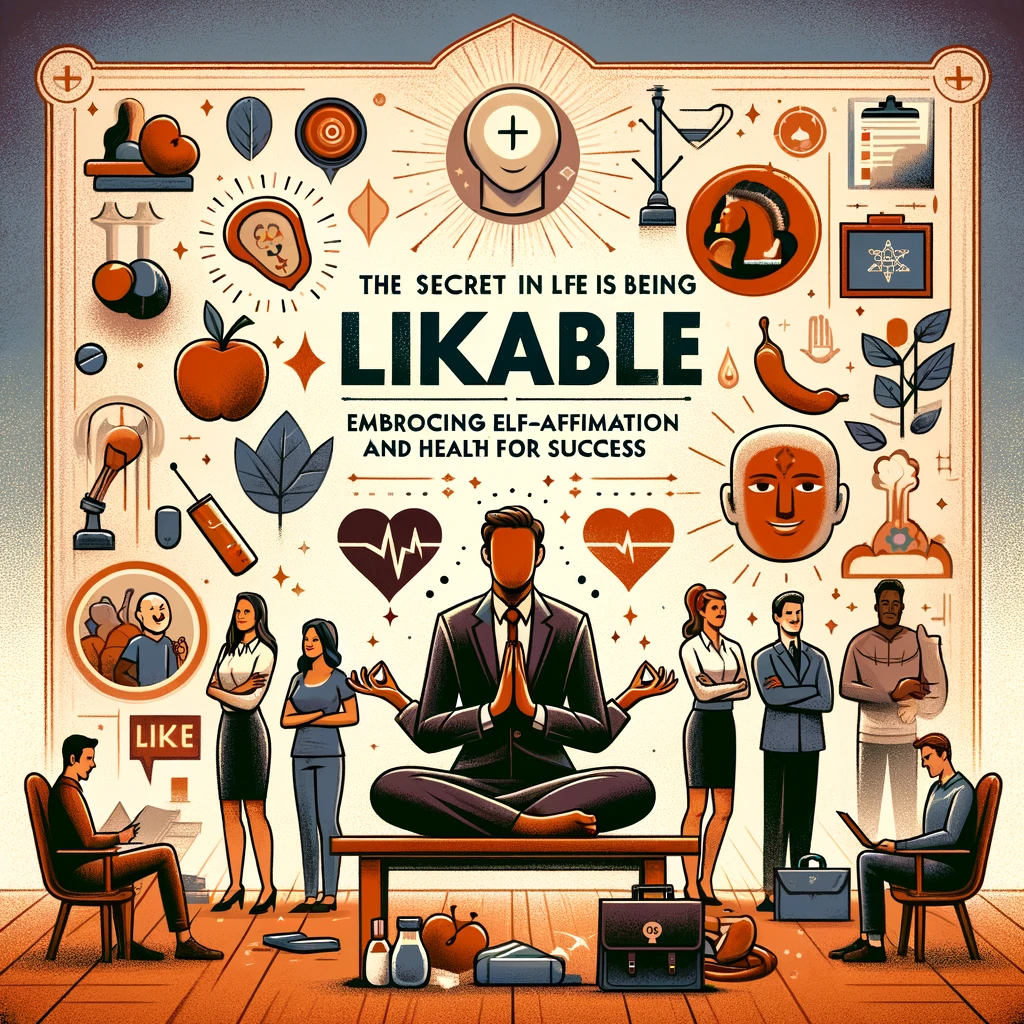In today’s fast-paced world, judgment often clouds our perceptions and interactions. However, the philosophy of “Zero Judgement” offers a transformative approach to life, encouraging a deeper sense of compassion, understanding, and joy. By adopting a non-judgmental attitude, we can foster more meaningful connections and experience life’s nuances in their fullest.
Understanding “Zero Judgement”
“Zero Judgement” is about approaching life and relationships without prejudice or criticism. It emphasizes the importance of understanding, acceptance, and being present in the moment. This philosophy advocates for seeing beyond the surface, recognizing the unique journeys of ourselves and others, and embracing the diversity of human experiences.
“Zero Judgement” Across Life Stages
The application of “Zero Judgement” varies across different stages of life:
- Youth (Born to 20): In these formative years, “Zero Judgement” aids in developing empathy, self-awareness, and a strong sense of self, laying the groundwork for a fulfilling life.
- Young Adulthood (20-40): During this period of exploration, the philosophy helps individuals navigate relationships, career choices, and personal growth with openness and understanding.
- Midlife (40-60): As individuals experience transitions, “Zero Judgement” provides a framework for embracing change and appreciating the diversity of life paths.
- Later Years (60-80): In the golden years, “Zero Judgement” fosters a sense of peace and acceptance, valuing the wisdom gained over time.
“Zero Judgement” in Relationships
The philosophy also significantly impacts various relationship dynamics:
- Single, Dating, Marriage: It encourages openness and understanding in each stage, appreciating the growth that comes with each phase.
- Parenting and Family: “Zero Judgement” promotes patience, empathy, and respect for each individual’s uniqueness, enhancing family dynamics and fostering stronger bonds.
- Professional Relationships: In the workplace, the philosophy enhances collaboration, trust, and positive interactions, leading to a more harmonious and productive environment.
The Benefits of “Zero Judgement”
Embracing “Zero Judgement” leads to numerous benefits, including:
- Enhanced Self-Awareness: By refraining from self-judgment, individuals can develop a deeper understanding of themselves and their values.
- Deeper Connections: A non-judgmental attitude fosters more authentic and meaningful relationships.
- Increased Empathy: Understanding and accepting others’ perspectives without judgment cultivates empathy and compassion.
- Greater Mindfulness: Living in the present moment without bias allows for a fuller appreciation of life’s experiences.
- Personal Growth: “Zero Judgement” encourages continuous learning and self-improvement, leading to a more fulfilling life.
Conclusion
The philosophy of “Zero Judgement” offers a path to a more fulfilling, compassionate, and joyful existence. By embracing this approach, we can enhance our relationships, personal growth, and overall well-being. Stay tuned for author Di Tran’s upcoming book, which delves deeper into this transformative philosophy and its application in various aspects of life.
COMING SOON ON AMAZON BY DI TRAN
https://medium.com/@ditran/embracing-zero-judgement-for-a-fulfilling-life-f5c5904670e8



